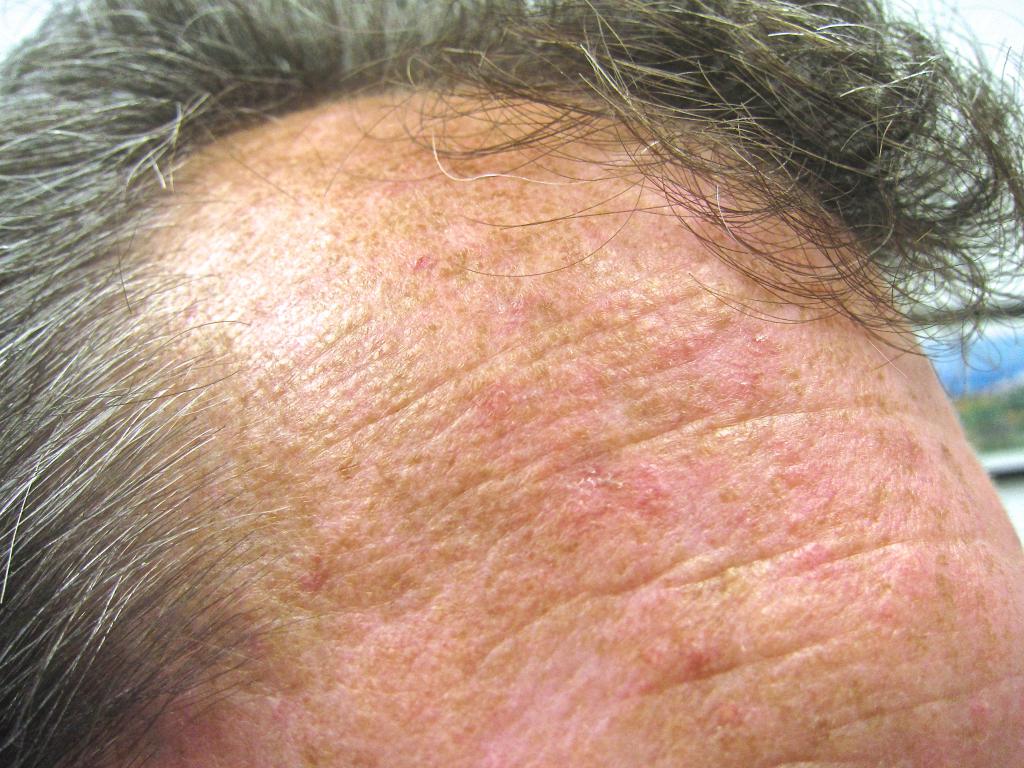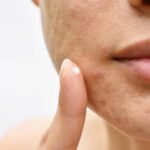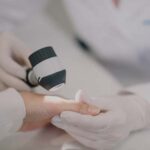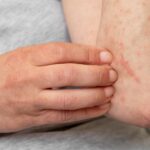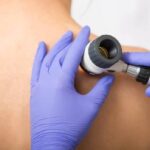Why Pre-Cancers (Actinic Keratoses) Must Be Treated – A Message from Apollo Dermatology
At Apollo Dermatology, we often see patients who are surprised to learn that rough, scaly patches on their skin—commonly known as actinic keratoses (AKs)—are actually precancerous lesions. While these spots may seem harmless or simply a result of aging or sun exposure, it’s crucial to understand that actinic keratoses are early warning signs from your skin. Left untreated, these lesions can progress to squamous cell carcinoma, a form of skin cancer.
What Are Actinic Keratoses?
Actinic keratoses are dry, rough patches or bumps that develop on sun-exposed areas of the skin such as the face, scalp, ears, arms, and hands. They often feel like sandpaper and may be red, tan, pink, or flesh-toned. These lesions result from cumulative sun damage over the years, and they are especially common in fair-skinned individuals over the age of 40.
Why Treatment Is Essential
Even though AKs are pre-cancerous, they are not benign. Here’s why they must be addressed:
- Risk of Progression to Cancer
A small percentage of actinic keratoses can evolve into squamous cell carcinoma (SCC), a potentially invasive skin cancer. Because there’s no way to predict which lesions will progress, it’s best to treat them all proactively. - Multiple Lesions Signal High Risk
The presence of multiple AKs often indicates significant cumulative UV damage and a higher overall risk for skin cancer. Treating AKs helps reduce your total “pre-cancerous load.” - Non-Invasive Treatment Options Are Most Effective Early
When detected early, AKs can be treated with non-surgical approaches such as cryotherapy (freezing), topical creams, chemical peels, or photodynamic therapy. These treatments are quick, effective, and well-tolerated—especially when compared to the more extensive procedures required for skin cancer. - Cosmetic and Comfort Benefits
AKs can become thick, irritated, or cosmetically bothersome. Treating them can improve the skin’s appearance and eliminate the discomfort of rough or tender patches.
Prevention is Just as Important
The best way to reduce the risk of AKs and future skin cancers is to protect your skin from ultraviolet (UV) damage:
- Use a broad-spectrum sunscreen daily (SPF 30 or higher)
- Wear UPF-rated clothing, wide-brimmed hats, and sunglasses
- Avoid tanning beds
- Perform monthly skin self-exams and schedule regular checkups with your board-certified dermatologist
Trust a Board-Certified Dermatologist
At Apollo Dermatology, Dr. Arjun Dupati, a double board-certified dermatologist and Mohs surgeon, uses advanced dermoscopic tools and years of expertise to accurately identify and treat actinic keratoses and other skin lesions. We take a proactive, individualized approach to your skin health, ensuring you receive care that is both effective and minimally invasive.
If you’ve noticed any rough patches or changes in your skin—especially in sun-exposed areas—schedule an appointment with us. Early treatment of actinic keratoses is not only preventive but essential for long-term skin health.
Apollo Dermatology – Where your skin health is our priority.
Schedule your appointment today with a trusted board-certified dermatologist. Your skin deserves nothing less.
📞 248-436-4888
📍 Apollo Dermatology | Rochester HIlls, Michigan
By Dr. Arjun Dupati, Board-Certified Dermatologist and Fellowship-Trained Mohs Surgeon


